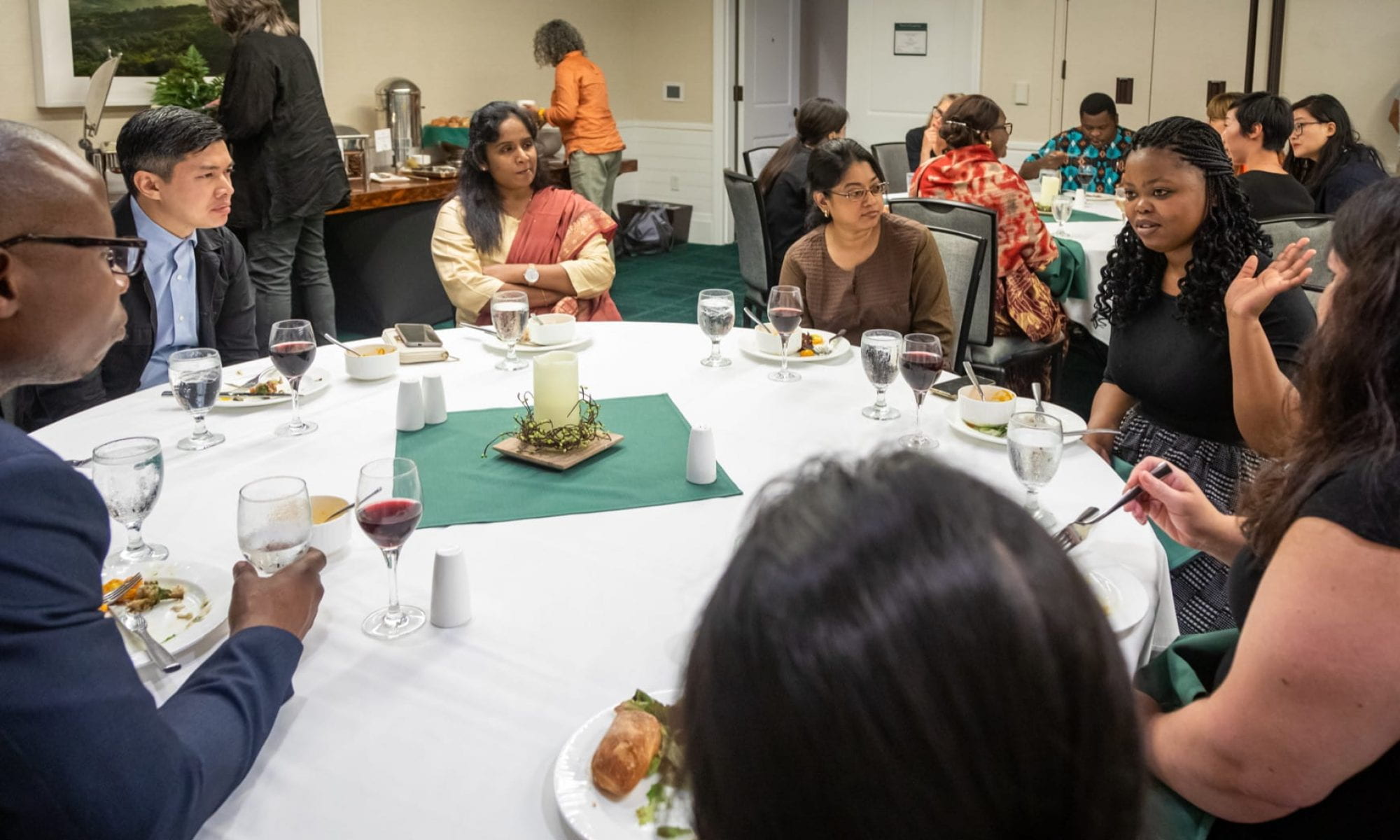Please note that each of the sessions of this workshop is a discussion of a pre-circulated work-in-progress. Attendees need to read the pre-circulated draft to participate in the discussion. To access the drafts and attend please email eman.s.morsi@dartmouth.edu.
All sessions will be held in Dartmouth Hall 104 EXCEPT for sessions III and IV which will be held in Haldeman 246.
Friday , Oct 25, 2024
Session I: 9:30 am – 10:30 am : Eman Morsi, “The Sahrawi Hispanosphere” (Moderator: Christina Civantos)
Coffee Break: 10:30 am-11:00 am
Session II: 11:00 am -12:00 pm: Kevin Funk, “A (Neoliberal) “New World Economic Geography”: Comparative Perspectives on the Domestic Consequences of Booming Latin American-Middle Eastern Trade” (Moderator Eman Morsi)
Lunch Break: 12:00 pm – 2:00 pm
Session III: 2:00 pm – 3:00 pm Christina Civantos, “Orientalist Solidarity: José Martí and Cuban Internationalism” (Moderator Marwan Kraidy)
Coffee Break: 3:00 pm- 3:30 pm
Session IV: 3:30 pm – 4:30 pm Marwan Kraidy, “Turkish Drama in Latin America: Coiled Temporalities & Narrative Decolonization” (Moderator John Karam)
Saturday Oct 26, 2024
Session V: 09:30 am – 10:30 am Jesús Muñoz, “Speaking in Glyphs: The Decolonial Poetics of Global Magical Realism” (Moderator Diogo Bercito)
Coffee Break: 10:30-11:00
Session VI: 11:00 am -12:00 pm Maru Pabón, “Word as Action, Immediacy as Style: Fayad Jamís’s Bridges of Communication” (Moderator Jesús Muñoz)
Lunch: 12:00 pm – 2:00 pm
Session VII: 2:00 pm – 3:00 pm Diogo Bercito, “A Brazilian Thawra: Arab Migrants in the Revolution of 1932″ (Moderator Angela Haddad)
Coffee Break: 3:00 pm – 3:30 pm
Session VIII: 3:30 pm – 4:30 pm John Karam, “Global South Prelude: Why Brazil Matters in the Arab Mediterranean” (Moderator Raffaele Mauriello)
Sunday Oct 27, 2024
Session IX: 9:30-10:30 Raffaele Mauriello, “Iran’s Connections with Latin America in the Long Global Sixties and 1979: Literal, Aspirational, Conspiratorial, and Commemorative” (Moderator Kevin Funk)
Coffee/Tea Break: 10:30- 11:00
Session X: 11:00-12:00 Angela Haddad, “Caribbean Indigenism and Arab Migration” (Moderator Maru Pabon)
Lunch: 12:00-2:00 (To Go lunch will be provided for those needing to get on the 12:40 bus)



